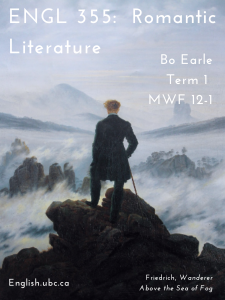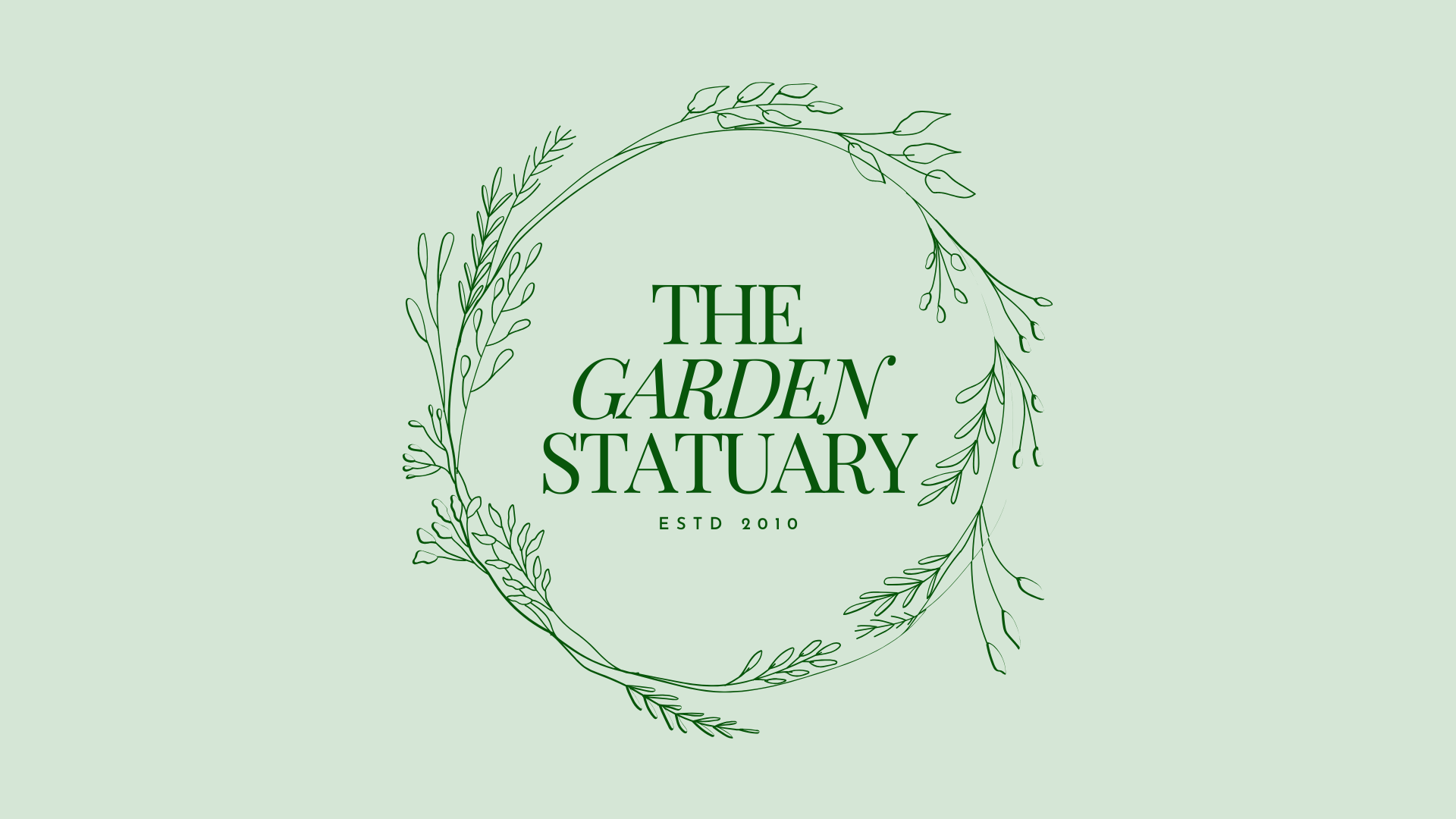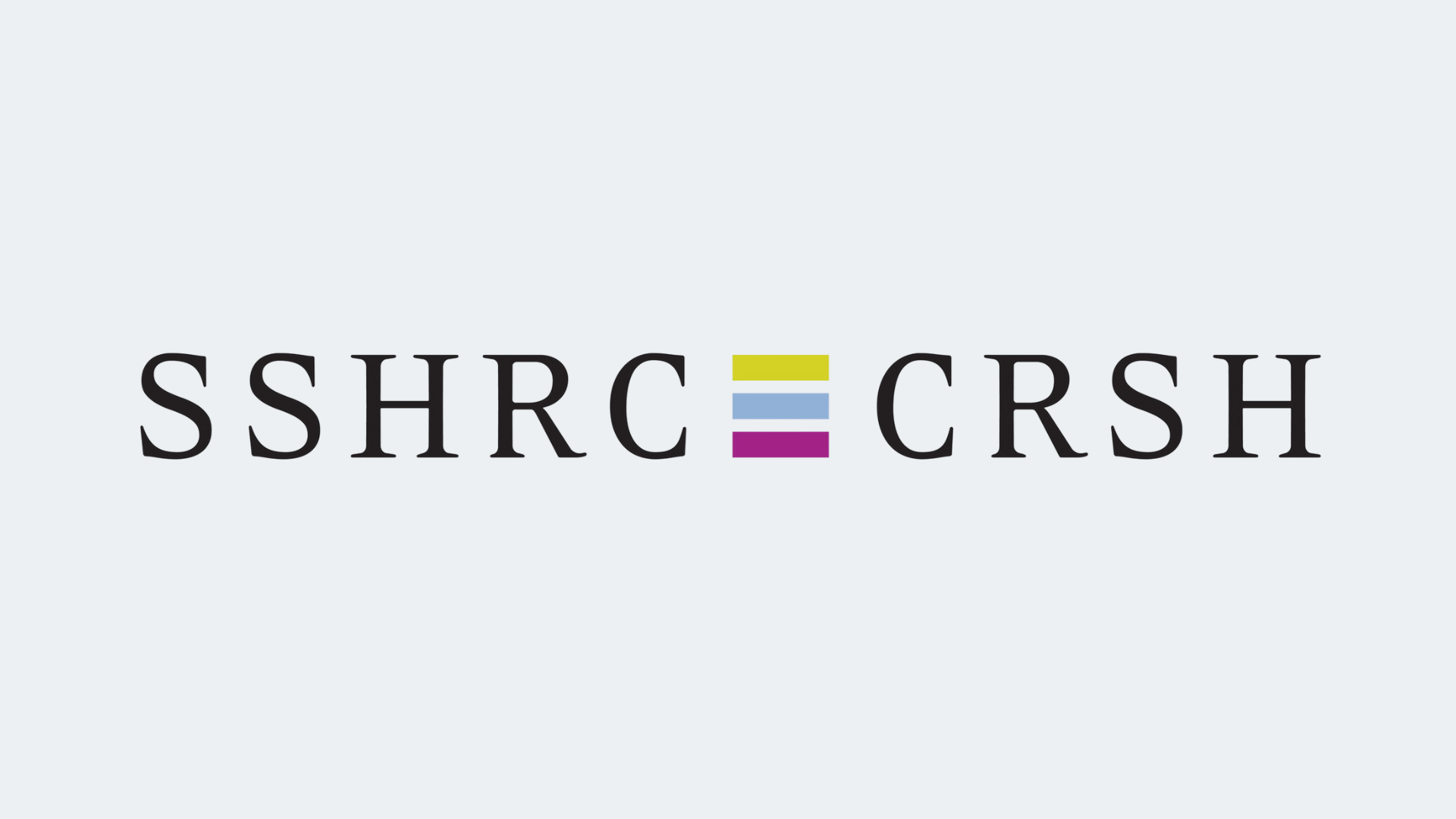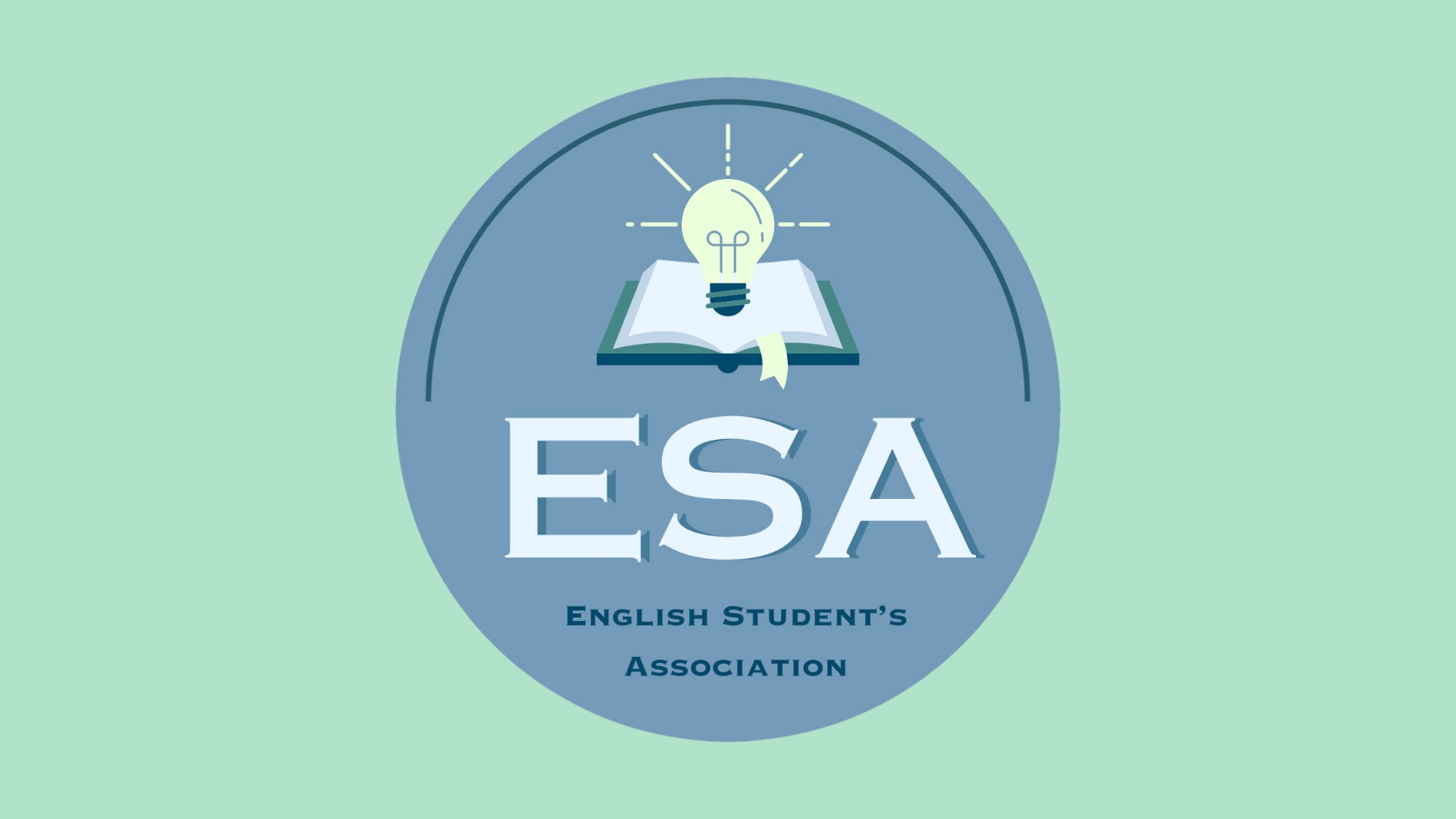

Romantic Period Literature
Bo Earle
Term 1
MWF, 12:00 PM – 1:00 PM
Following the 18th Century revolutions in France and the U.S., Romanticism is the original cultural response to the same conflicted set of socio-historical circumstances that define our world today, combining ideals of individual freedom, social democracy and environmental sustainability with global consumer capitalism, imperialism, racism and patriarchy. Hence Romanticism has much to teach us about ourselves. Whether or not we admit it, we are all Romantics to the extent that we identify primarily as ‘individuals:’ Romanticism initiated modernity’s paradoxically collective, social preoccupation with what it means to lead a unique life of one’s own. Romanticism created global capitalism’s original ‘pop culture’ and simultaneously pioneered pop culture’s capacity for social critique. Romanticism challenged readers to face socially taboo realities of suffering and desire, both as solitary readers and as members of a collective, literary ‘public’ composed of other such readers. Romanticism probed ambiguities and ironies of self-mediation and self-awareness, anticipating our experience today of social media. Romanticism changed the basic function of literature from representing the world to re-creating it, heeding Karl Marx’s modern philosophical mandate long before he declared it: “The philosophers have only interpreted the world in various ways; the point is to change it.’ In John Keats’s terms, Romanticism fosters readers’ “negative capability” to live a “life of sensation rather than thought.” We will examine how sex, gender, race and national and economic identity are re-written in Romantic poetry and philosophy and in the fiction of Jane Austen and Mary Shelley. As much as possible we will also explore echoes of course texts in popular culture today.
Required texts:
- Romanticism: An Anthology, Fourth Edition, ed. Duncan Wu;
- Pride and Prejudice, Jane Austen;
- Persuasion, Jane Austen;
- Frankenstein (1818), Mary Shelley


